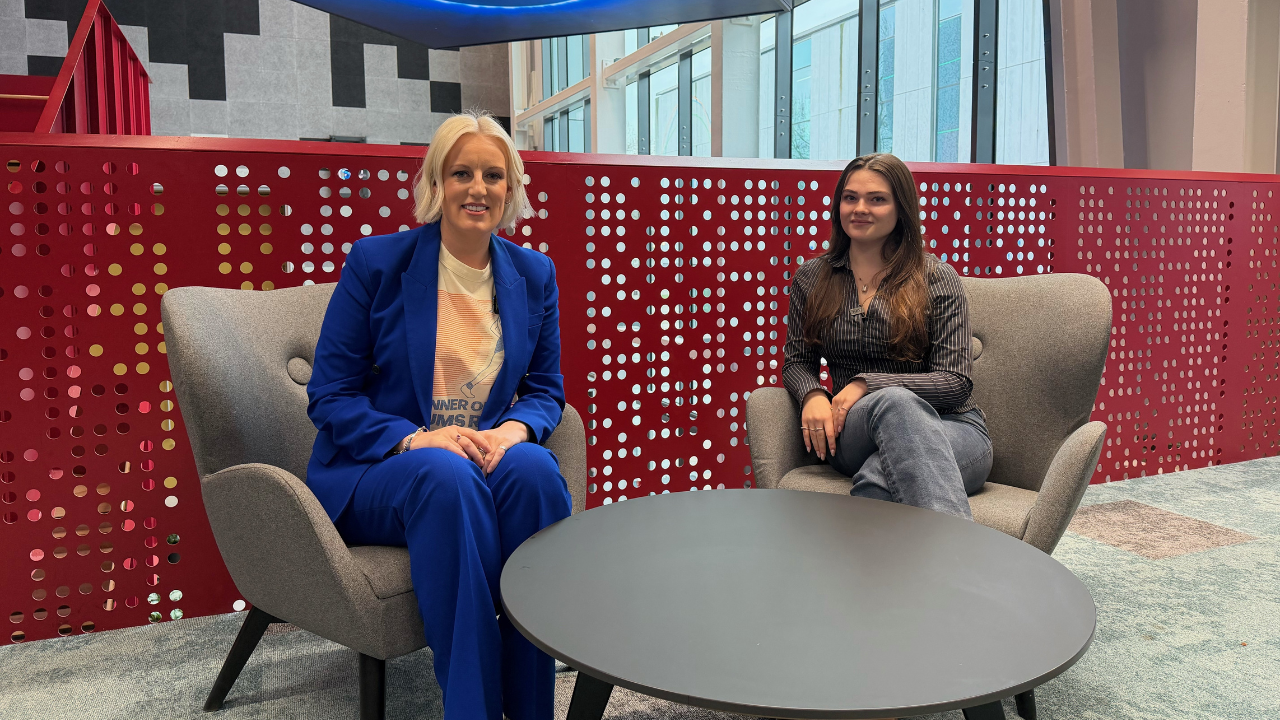
Recruitment strategies for engineering and manufacturing businesses
Date
09/09/2025
Category
News , Case Studies
It’s no secret that engineering and manufacturing firms are facing a longstanding skills shortage. And with the sector evolving rapidly – driven by innovation, digitalisation, and sustainability – recruiting the right people (with the right technical skills) has never been more critical.
But there’s an underutilised recruitment strategy that’s helping small and medium sized firms build their talent pipeline: offering T Level industry placements.
The challenge: finding skilled talent
For growing businesses especially, finding young, skilled employees can feel like looking for a needle in a haystack. This was the case for Rigging Projects, a Southampton-based engineering and manufacturing firm specialising in high-end rigging solutions for the marine sector.
Following a period of rapid growth where Rigging Projects expanded from eight to 42 employees, the leadership team quickly realised that its skilled machinists were in short supply.
“We’ve got some amazing machinists, but it took me 18 months to find them and get them to that level,” explains COO Sam Sainsbury. “Then there’s a big skills gap. We knew we needed to do some succession planning.”
That’s when the business turned to T Level industry placements.
The solution: Tomorrow’s Talent, Today
T Levels are a post-GCSE qualification, designed with employers to meet the skills needs of key sectors like engineering and manufacturing. Each course includes a 45-day industry placement, giving students real-world experience while providing businesses with early access to emerging talent.
Rigging Projects partnered with Southampton College Group and welcomed Bradley, a T Level student whose enthusiasm, technical mindset and willingness to learn quickly made him a key part of the team.
“Bradley has been immersed in different parts of the business, from quality control to finishing, part-picking and programming,” says Sam. “We wanted to make it fun for him, and he’s grown in confidence to become an integral part of the team.”
Bradley’s placement didn’t just help him grow; it helped Rigging Projects meet real business needs. He even chose to return over the summer – a clear sign of his passion for the role.
Why more businesses should consider T Level placements
Bradley’s story is far from unique. Across the country, SMEs are finding that T Level industry placements are:
- A route to recruitment: Many employers go on to offer students a permanent position or fast-track them into higher-level apprenticeships.
- Tailored to business needs: T Level students study up-to-date, employer-designed courses aligned with industry standards, ensuring they learn the skills that matter – from CAD and simulation, to fault finding and risk assessment.
- High quality: T Levels are rigorous qualifications, attracting high-calibre students who must meet specific entry requirements and assessment criteria.
As Sam puts it: “I’d absolutely recommend taking on a T Level student. It’s so important for growing businesses to find the next generation of engineers. We'll be hosting more students next year.”
Easy to set up, flexible to run
One of the key concerns businesses often raise is whether they have the capacity to support a placement student. But the process is much simpler than they often think.
“The onboarding side was very easy for us,” says Sam. “There were a few online forms, Bradley was talked through health and safety procedures with our Head of H&S, and that was it.”
Placements are flexible - they can be done in blocks, day release, or even shared with another employer. You can also contact your local college directly to get started; they’ll have a dedicated T Level coordinator to support you through the process.
Why this matters for our sector
Engineering and manufacturing firms are the backbone of the UK economy. To thrive and stay competitive, they need fresh, motivated talent ready to contribute from day one.
T Levels are a smart, forward-looking solution to a long-standing skills problem. They provide employers with:
- A low-risk, high-reward recruitment strategy
- Access to high-calibre students with up-to-date technical knowledge
- The chance to shape young talent in line with business needs.
And most importantly, they’re already working. From quality control to hands-on machining, T Level students like Bradley are delivering real value to their host businesses.
Ready to take the next step?
If you’re looking for new ways to grow your talent pipeline, consider how an engineering and manufacturing T Level industry placement could be a part of your recruitment strategy.
Whether you’re growing quickly like Rigging Projects or succession planning for the future, the right placement student could become your next rising star.
Watch our video to hear more from Rigging Projects and how T Levels have helped to close their skills gap.
And find out more about hosting a T Level industry placement here.
Find out more about hosting a T Level industry placement.
Explore T LevelsMore news



